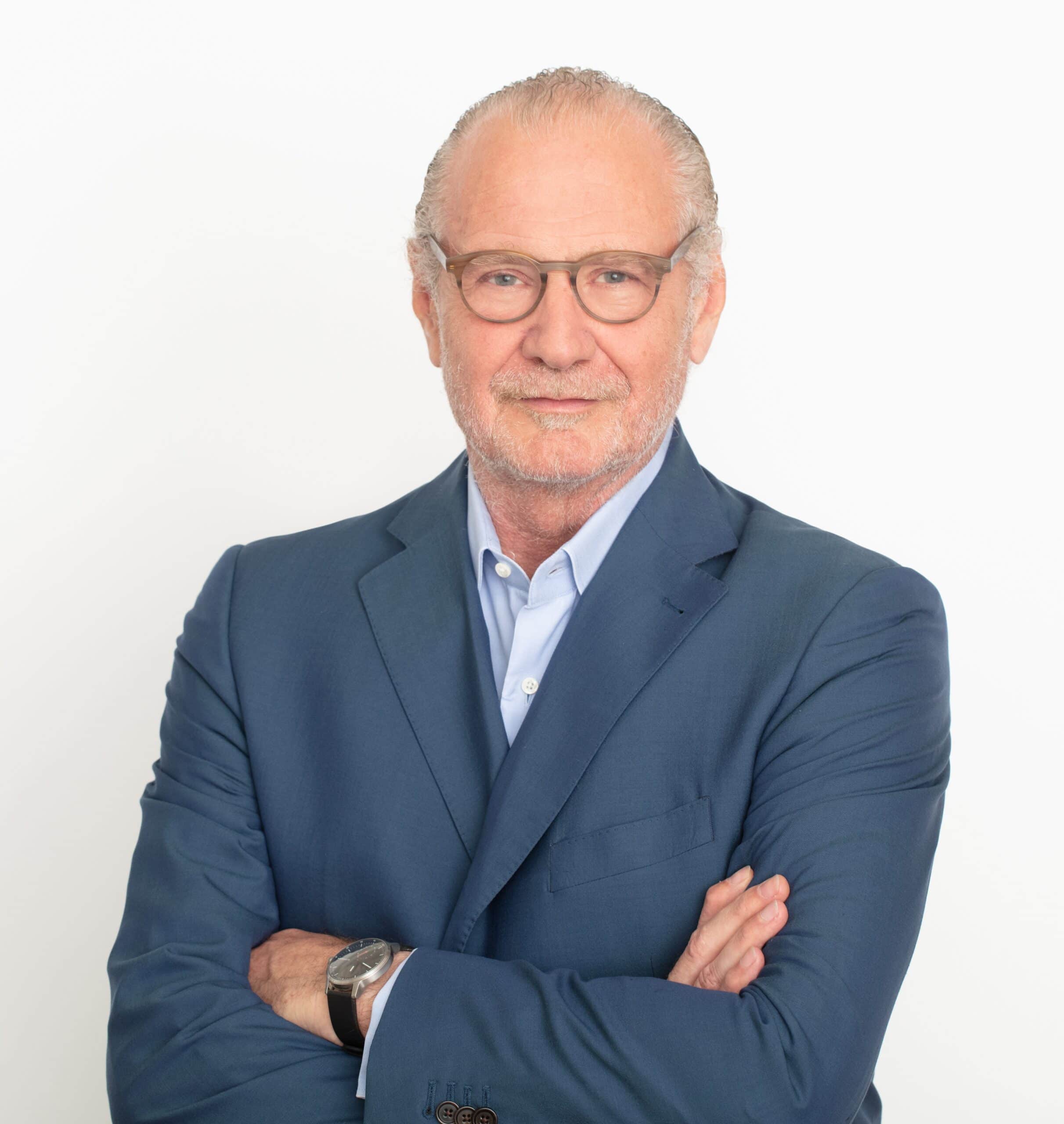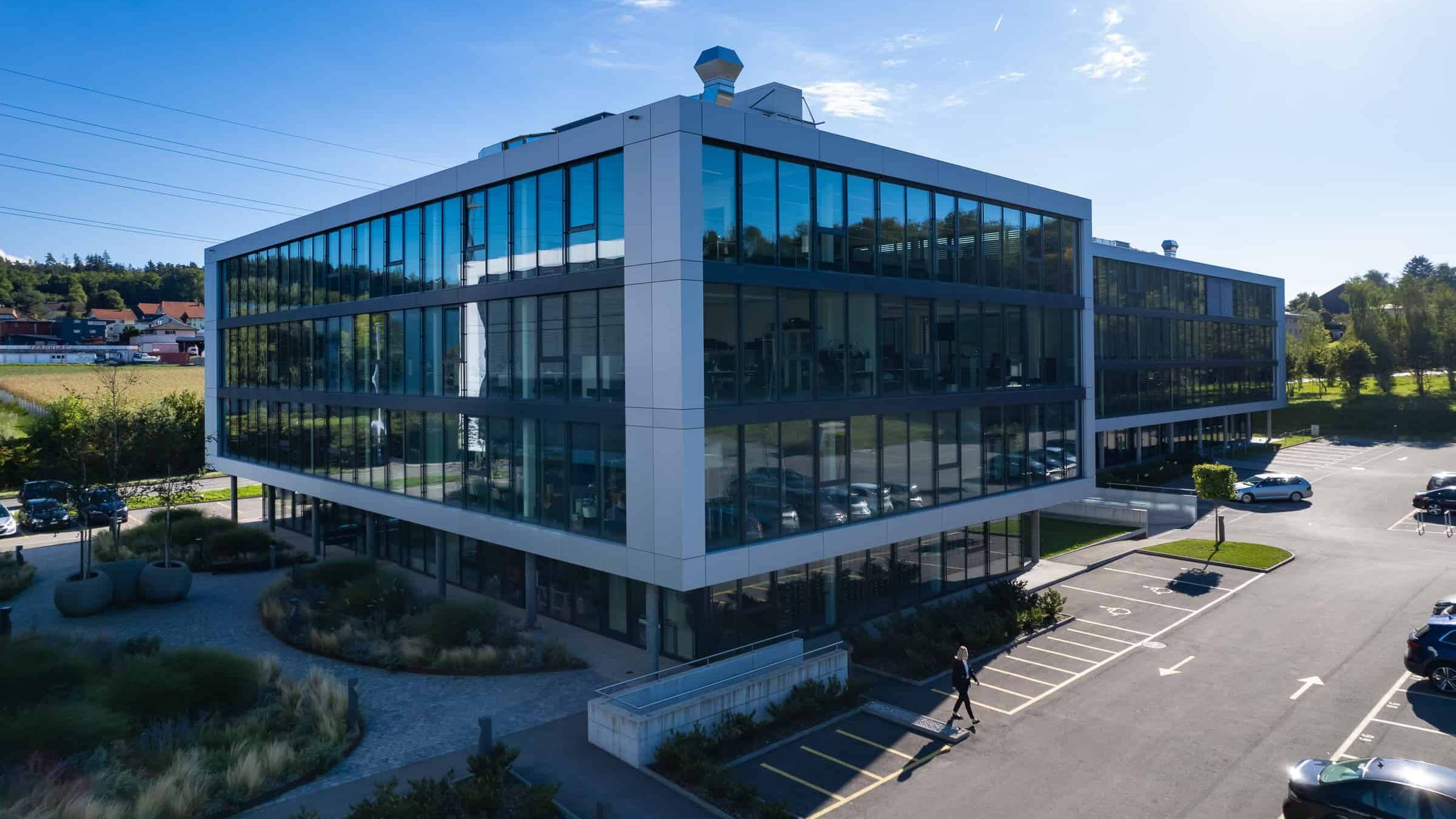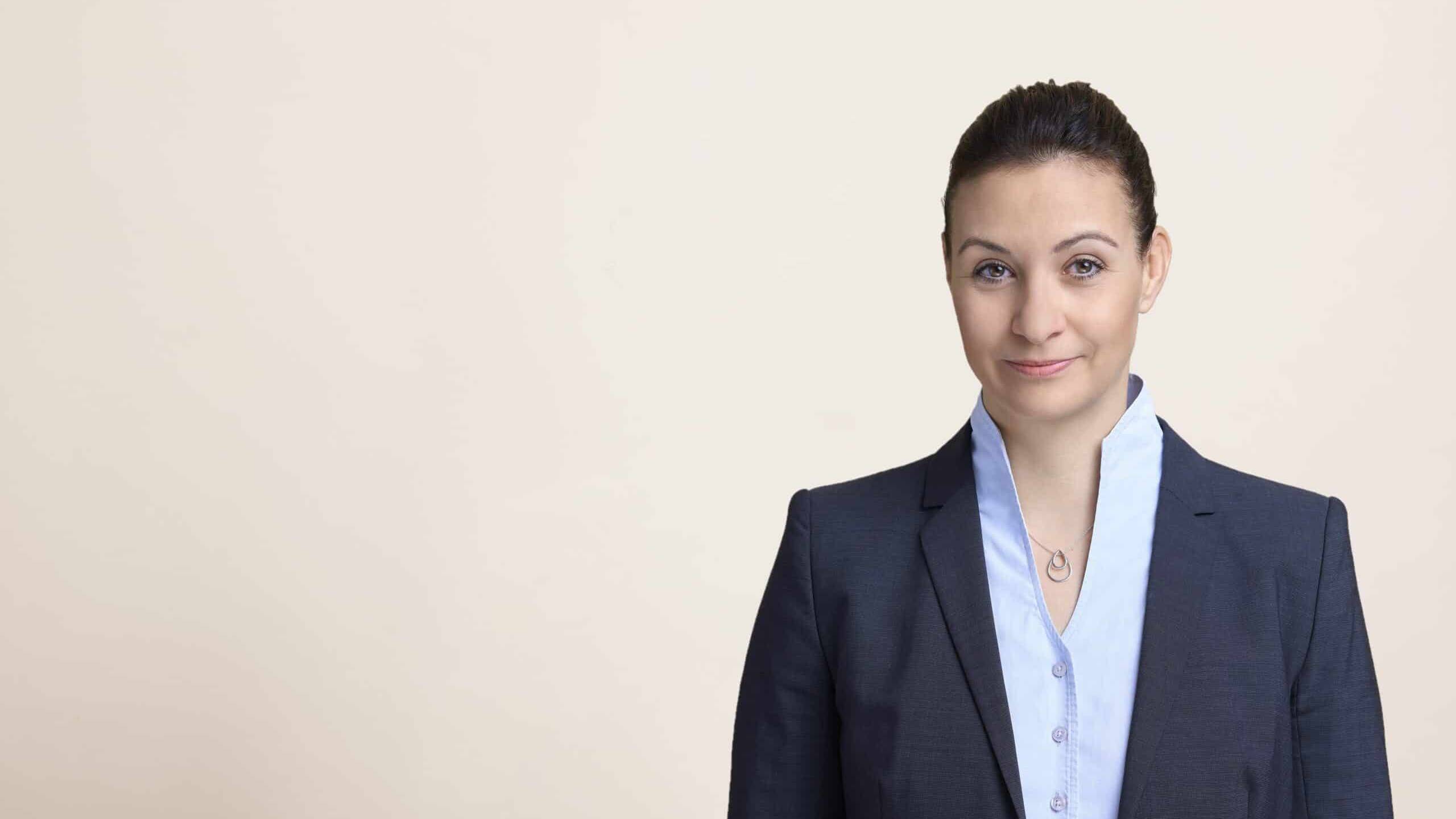Stefan Oschmann, the former CEO of Merck Group, encourages politicians to develop a sense of urgency when it comes to innovation in Europe. He explains why now is the time to invest in startups, and why space biology startup Yuri has convinced him.

Investor, Yuri Gravity
Stefan Oschmann led Merck Group as CEO from 2016 to 2021. The German multinational with 60’000 employees is the world’s oldest operating chemical and pharmaceutical company (established 1668). Stefan Oschmann joined Merck in 2011 as a member of the Executive Board and was responsible for the Healthcare business sector until the end of 2014. He drove the transformation of the Biopharma business by optimizing its cost structures and improving the efficiency of its research & development model, which included a clear portfolio prioritization. Before joining Merck, Stefan Oschmann worked for the U.S. pharma company MSD, where he served in a range of senior executive positions. He started his career at an agency of the United Nations, and worked for the German Chemical Industry Association (VCI). He has a doctorate in veterinary medicine.
During your time at Merck Group the company moved more than 50 billion Euros in acquisitions and divestitures. What was your biggest challenge during this time?
Big companies aren’t agile. I tried to change the corporate culture, which was a bit old-fashioned, towards a company driven by science and technology. Part of that was a cleanup of the very big company portfolio to increase efficiency and focus. You’re familiar with Moore’s law, which states that the number of transistors on a chip doubles about every two years. There is a tongue-in-cheek version of it, spelled backward, that applies to pharma: Eroom’s law says that drug discovery becomes slower and more expensive over time, because the regulatory environment is more complex. If you want, this is the biggest challenge of all pharma companies, the constant decline of R&D productivity.
Regarding innovation, you said in an interview that Europe needs to catch up with other regions. Why?
To put this sentence into the proper context, I was talking about the well-functioning innovation ecosystems in the US, China, Israel, the Baltic states, Korea, Taiwan and Singapore. The reason why these countries are innovation leaders is a confluence of several factors. They have a government policy that fosters innovation and there is close collaboration between venture capital firms, corporations and governments. Take Silicon Valley, for example, which traces back its origins to initiatives from the US Department of Defense. Europe lacks such cooperative ecosystems. An example is the world-leading Interuniversity Microelectronics Center IMEC in Leuven, Belgium. The whole world is coming there to do research, but there is no world-class startup scene around it.
What can we do to catch up? There is no consensus on a political level. The French state heavily invests in startups through government entities while Switzerland does not even manage to raise a meager fund of funds.
The French approach is what it is. We don’t forcibly need to copy it. I have a lot of respect for the Swiss mindset that is critical of a strong state. What we need on a government level is the fundamental decision that startup ecosystems are a strategic asset that needs to be developed and taken care of. That is more important than the question of whether you want to promote them by tearing down barriers to innovation or by increasing government support. That being said, we’re probably a bit more skeptical in general in Europe than in the US. We see risks first, and opportunities second. However, we should also not forget that we have world-class fundamental research in Europe. What is still lacking is the size of the venture capital market here, and a better connection between the different innovation ecosystems, which aren’t even national but regional. I see some progress, though. One example is what the Technical University of Munich and UnternehmerTUM have achieved together, and there are many others. But again, we should emphasize the urgency to further develop European venture capital. We should think about how we want to assure our standard of living in the future, and innovation is the only way to do so.
Instead of waiting for governments, private individuals can decide today to invest in venture capital, thereby promoting innovation in Europe and achieving high returns. Why don’t they do that en masse?
Venture capital is a risky asset class, and higher interest rates have dampened the risk appetite in the short term. And while many family offices already have quite decent allocations to venture, we need the participation of institutional investors or we will never achieve significant investment volumes in Europe. Unfortunately, there are still barriers for institutional investors. But things are moving in the right direction, as the recent Dutch pension fund reform shows.

Invest in Startups
As one of Europe’s most active venture capital investors, we grant qualified private investors access to top-tier European startups. With investments starting at EUR/CHF 10’000, you can build your own tailored portfolio over time and diversify across stages and sectors.
You became a business angel yourself and invest in startups. Why?
It is a topic I am very passionate about. Merck has a corporate venture capital fund called M Ventures, so I was exposed to this world already during my tenure. If you think about it, startups are a way to transform scientific findings into products that have the potential to help people. This is what excites me most, even more than eventual financial outcomes. I like to interact with founders, advise them, and open my personal network of CEOs and research managers to them. I have invested in several startups and joined a few boards of directors. The opportunities find me through my private network. I also invest in private equity but with a completely different approach.
How would you describe your approach to investing in startups?
I make solid contrary investments. If you’re always chasing the latest hype, you’re doing something wrong. My strategy is anticyclical: Now is a great time to invest in venture capital, as valuations have come down. And when I say solid, I mean picking topics that are driven by secular trends. Take the growth of the bio-pharma industry, which is driven by an aging population and technological advances such as cell therapy and gene therapy. I prefer B2B business models to consumer startups that are in the limelight. As an investor, I think about the growth and margin potential of startups. And one thing is certain, as a private investor in startups you need to diversify your holdings and have patience. Biotech startups that develop a specific asset are comparable to options – they have the potential to become very big, but many will fail. You’ll also see that in the listed biotech sector, where too many assets have made an IPO in the past, and consolidation looms.
Let’s talk about one specific investment of yours, the space biology startup Yuri, a portfolio company of Verve Ventures. What convinced you to invest in it?
Research in space sounds strange at first but it is quite a meaningful approach. Low or zero gravity has a considerable impact on many things such as crystal or bacterial growth and allows researchers to study accelerated aging. The interactions with Yuri’s team have shown me that there is real substance to what they do. This has been corroborated by several scientists which I have brought them in contact with. These experts are usually very skeptical about everything but in this case, reacted very positively. Yuri’s research will be quite beneficial for our work, they said.
Are there any concrete results that support this view?
Yes. They made some very exciting first discoveries in the field of oncology thanks to data from space that will be announced soon. Another finding that could become relevant for many different industries is the identification of bacterial strains with certain properties. Yuri has sent 8000 microbial strains into space and some of them seem to be very promising.
Still, it seems challenging to convey the message that space biology is more than a niche.
I’ve been to a conference about the future of the space industry and find this field fascinating, even though it is still the domain of quite specialized investors. Yuri has close ties to NASA and ESA, and their work is being recognized by these institutions. But for me, Yuri in its essence is a life science startup. They just use a different type of infrastructure for their research, in space instead of in a terrestrial lab, and this is why they can discover highly interesting new things.
Written by
WITH US, YOU CANCO-INVEST IN DEEP TECH STARTUPS

Verve's investor network
With annual investments of EUR 60-70 mio, we belong to the top 10% most active startup investors in Europe. We therefore get you into competitive financing rounds alongside other world-class venture capital funds.
We empower you to build your individual portfolio.
More News
25.07.2023
“Investing in startups shouldn’t be the privilege of a select few insiders”
Annette Heimlicher is CEO of the Swiss high-tech sensor company Contrinex. In this interview, she talks about the importance of innovation and why she invests in startups.
29.06.2023
“Startups allow me
to stay on top of technological developments”
In this interview, C-level executive Ines Kljucar explains why learning is an important reason to invest in startups. She advocates for diversification of one‘s investment strategy and sees startups as one important pillar of it.
08.06.2023
“I am fascinated by venture capital”
Verve Ventures is proud to announce that Martin Scholl, one of Switzerland's most reputable bankers, is joining its board of directors. In this interview, he explains why he is also one of Verve’s most active private investors, and why startups are a very rewarding asset class.
Startups,Innovation andVenture Capital
Sign up to receive our weekly newsletter and learn about investing in technologies that are changing the world.




